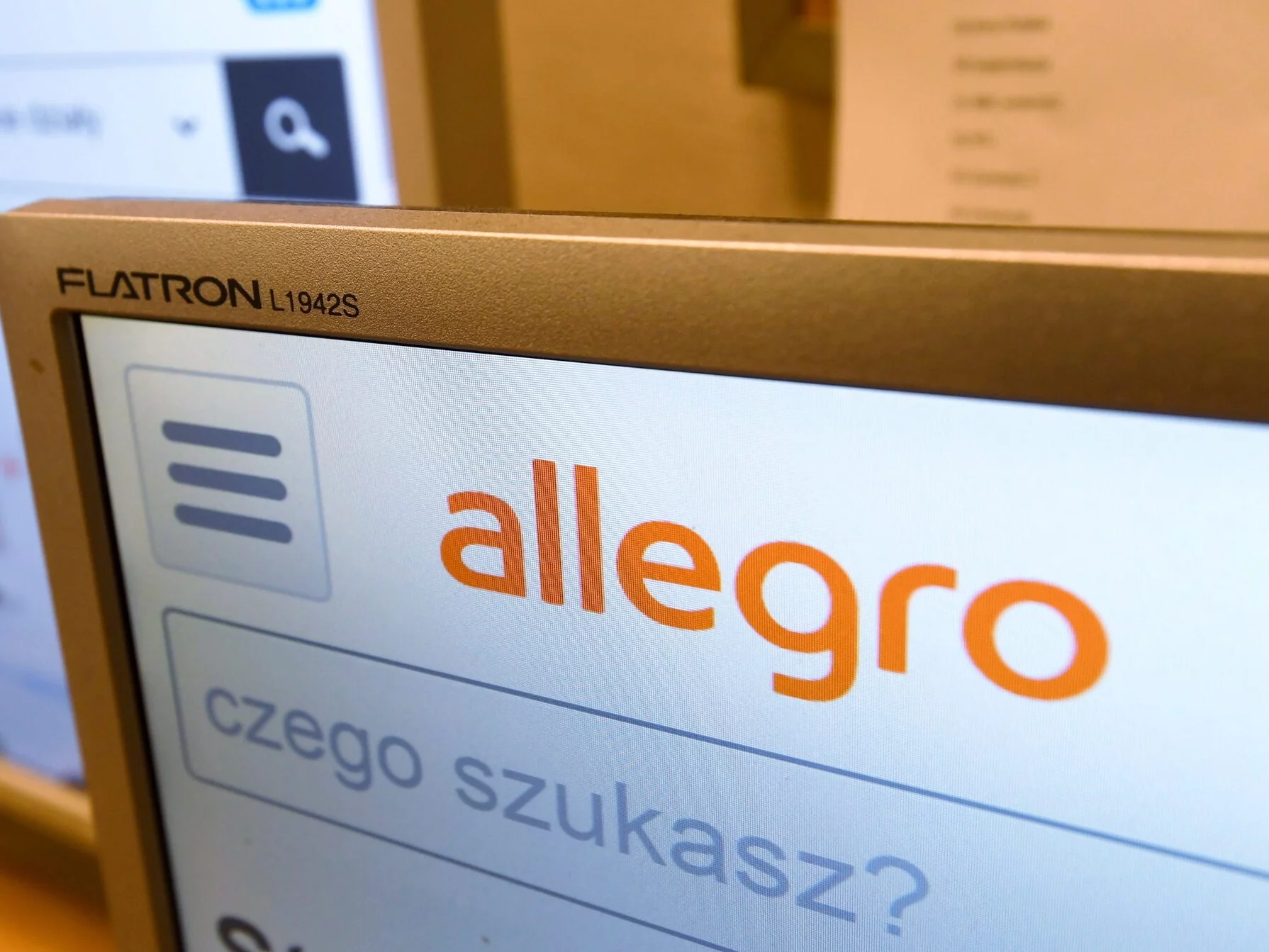Introduction to Unilever’s sustainability goals for 2025
Unilever is making waves in the world of sustainability, gearing up for a bold shift by 2025. With an eye on regenerative practices, this global powerhouse aims to transform its product offerings and embrace a cleaner, greener future. As consumers grow increasingly conscious about their choices, Unilever recognizes the need to pivot toward brands that not only serve but also restore our planet. The push for sustainability isn’t just about reducing waste; it’s about revitalizing ecosystems and supporting local communities through localized production methods. Join us as we explore how Unilever plans to lead the charge towards a more sustainable tomorrow!
What is regenerative agriculture?
Regenerative agriculture is an innovative approach that goes beyond traditional farming methods. It focuses on restoring soil health, enhancing biodiversity, and improving ecosystem resilience.
At its core, it emphasizes practices like crop rotation, cover cropping, and reduced tillage. These methods aim to rebuild organic matter in the soil while sequestering carbon dioxide from the atmosphere.
Farmers who adopt regenerative techniques prioritize the long-term health of their land over short-term yields. This shift not only benefits the environment but also boosts food quality and safety for consumers.
Moreover, regenerative agriculture fosters a strong connection between local communities and their food sources. By sourcing ingredients closer to home, brands can support regional economies while reducing transportation emissions.
This holistic approach champions sustainability while creating resilient agricultural systems capable of withstanding climate challenges. Engaging with these practices ensures a healthier planet for future generations.
The benefits of regenerative brands for the environment and consumer health
Regenerative brands offer a fresh approach to sustainability. They don’t just aim to reduce damage; they actively restore ecosystems. This means healthier soils, cleaner water, and more biodiversity.
Consumers benefit as well. Products from regenerative agriculture often contain fewer chemicals, leading to better nutrition. Eating food grown in harmony with nature can enhance overall well-being.
These brands prioritize local sourcing too. By supporting regional farmers, they strengthen communities and reduce carbon footprints associated with transportation.
Moreover, regenerative practices foster resilience against climate change impacts. Healthier ecosystems are better equipped to withstand extreme weather events and pests.
Choosing regenerative products empowers consumers to make informed decisions that support both personal health and the planet’s future.
Unilever’s current sustainable practices and initiatives
Unilever has been at the forefront of sustainable practices for several years. Their commitment is evident in their ambitious Sustainable Living Plan, which focuses on reducing environmental impact while increasing social responsibility.
The company actively works to source raw materials sustainably. For example, they aim to ensure that all their agricultural ingredients are sourced from farms that practice responsible farming methods. This not only supports farmers but also enhances biodiversity.
Additionally, Unilever has made significant strides in reducing plastic waste. They have committed to making all of their packaging recyclable or reusable by 2025. This initiative aligns with global efforts to address plastic pollution and promotes a circular economy.
Water conservation is another crucial area for Unilever. The brand invests in innovative technologies that help reduce water usage across its production processes and encourages consumers to adopt water-saving habits at home through educational campaigns.
The company’s plan to increase its regenerative brands by 2025
Unilever is setting ambitious goals for its regenerative brands by 2025. The company aims to ensure that a significant portion of its product offerings are sourced from regenerative agricultural practices. This shift reflects an understanding that sustainability goes beyond mere reduction of harm; it involves actively improving ecosystems.
To achieve this, Unilever plans to collaborate with local farmers and communities. By investing in education and training, they’ll promote farming techniques that enrich soil health and biodiversity.
The focus on localized production is essential in this strategy. It creates a resilient supply chain while supporting small-scale producers who share the vision of sustainable agriculture.
Moreover, Unilever intends to integrate these principles across all levels of its operations—from sourcing ingredients to packaging processes—ensuring every aspect contributes positively to the planet’s future.
Challenges and obstacles in implementing regenerative practices
Implementing regenerative practices isn’t without its hurdles. Traditional farming methods are deeply ingrained, making the shift daunting for many farmers. They often fear financial loss during the transition to new techniques.
Another challenge is education. Many stakeholders lack knowledge about regenerative agriculture and its benefits. Without proper training, adopting these practices becomes difficult.
Supply chain complexities also play a role. Sourcing materials that adhere to regeneration principles can be tricky, particularly when aiming for localized production. This complicates logistics and increases costs.
Moreover, consumer awareness varies significantly across markets. Some consumers prioritize sustainability while others remain indifferent to eco-friendly choices. Bridging this gap requires continuous engagement and education from brands like Unilever.
Resistance from industries reliant on conventional practices poses an additional barrier as well. Changing mindsets takes time and concerted effort across all sectors involved in food production and distribution.
Impact of Unilever’s pivot towards regenerative brands and the importance of sustainable business practices in the
Unilever’s shift towards regenerative brands marks a significant turning point in the corporate landscape. By prioritizing sustainability and regeneration, they are setting a precedent for other companies to follow. The commitment to localized production not only strengthens community ties but also reduces carbon footprints associated with transportation.
The impact of this pivot extends beyond just Unilever’s bottom line. It has the potential to inspire widespread change across industries as consumers increasingly demand environmentally responsible products. Ethical consumption is becoming more than a trend; it’s emerging as a necessity for future generations.
Moreover, sustainable business practices are no longer an optional add-on—they’re essential for long-term viability and brand loyalty. As Unilever continues down this path, its influence could catalyze broader shifts in market dynamics and consumer expectations worldwide.
This journey toward cleaner, greener practices underscores the importance of engaging with local ecosystems while fostering health-conscious choices among consumers. By adopting regenerative agriculture principles, Unilever is playing a crucial role in reshaping our food systems and promoting ecological balance.
In an era where climate change looms large, every step towards sustainability counts. Companies that embrace these changes will likely thrive amid evolving consumer sentiments focused on environmental stewardship and social responsibility.




